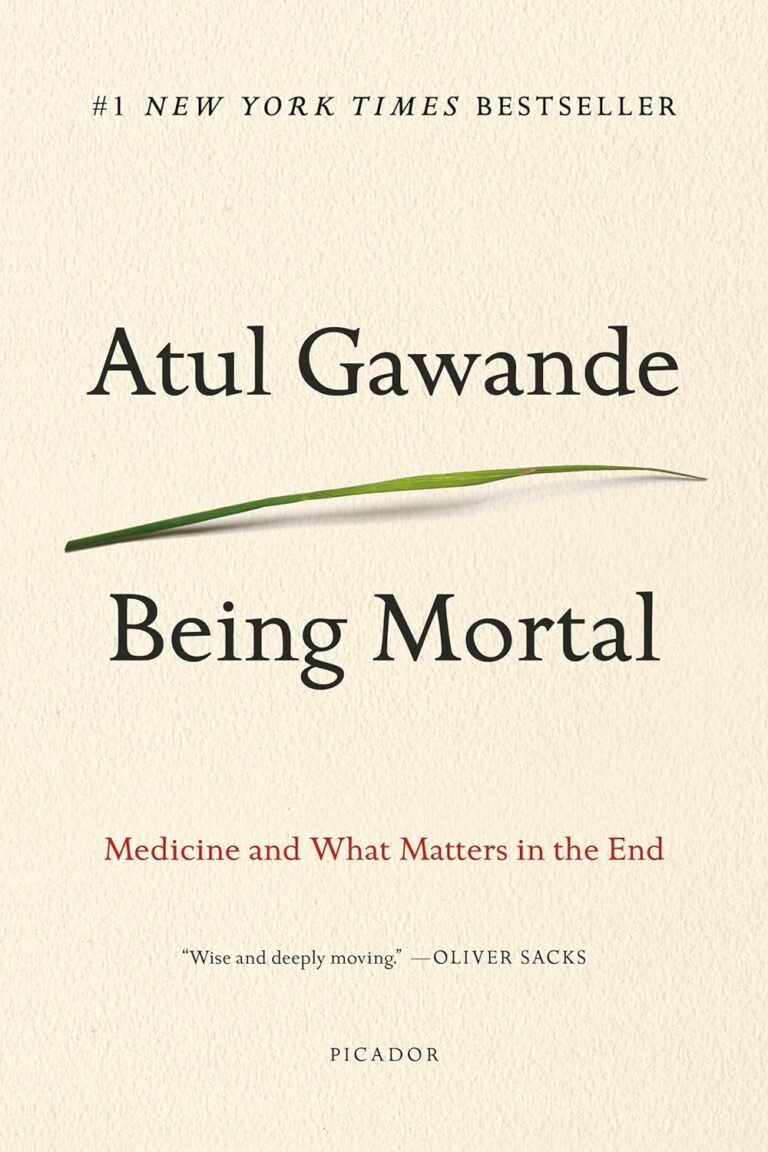Cancer, a complex group of diseases characterized by the uncontrolled growth of abnormal cells, is a formidable health challenge worldwide. Chemotherapy, often simply referred to as “chemo,” is a mainstay in the battle against cancer. It involves the use of powerful drugs to kill or slow down cancer cells. While chemotherapy can be a crucial tool, it’s essential to understand its mechanics, potential side effects, and the benefits it can offer.
Understanding Chemotherapy
The Mechanism of Chemotherapy
Chemotherapy disrupts the life cycle of rapidly dividing cancer cells, preventing them from multiplying further. It targets various stages of the cell cycle, aiming to eliminate cancerous cells.
Types of Chemotherapy Drugs
Chemotherapy drugs come in different forms, including cytotoxic drugs that directly attack cells and targeted therapies that focus on specific molecular markers in cancer cells.
Administration Methods
Chemotherapy can be administered orally, through injections, or intravenously. The delivery method depends on the type of cancer, the drugs used, and the patient’s overall health.
Side Effects of Chemotherapy
Common Side Effects
Chemotherapy’s impact on healthy cells can lead to a range of side effects, such as nausea, hair loss, fatigue, and weakened immunity.
Managing Side Effects
Medical advancements have led to better management of side effects. Anti-nausea medications, supportive care, and lifestyle adjustments can alleviate many of these issues.
Long-Term Effects
Some side effects, such as cognitive changes and fertility issues, may persist even after treatment ends. Regular follow-ups are crucial to monitor and address long-term effects.
Get to know us better
If you are reading this, you are in the right place – we do not care who you are and what you do, press the button and follow discussions live

Benefits of Chemotherapy
Targeting Cancer Cells
Chemotherapy’s primary advantage lies in its ability to target cancer cells throughout the body, which is especially valuable in cancers that have spread.
Adjuvant Therapy
In some cases, chemotherapy is used after surgery to eliminate any remaining cancer cells, reducing the risk of recurrence.
Palliative Care
For advanced cancers, chemotherapy can improve quality of life by shrinking tumors and alleviating symptoms.
Personalized Chemotherapy
Genetic Testing and Treatment
Advancements in genetics allow doctors to tailor chemotherapy to a patient’s genetic makeup, increasing its effectiveness.
Tailored Treatment Plans
Medical teams create individualized treatment plans, considering the type of cancer, its stage, and the patient’s overall health.
Combination Therapies
Chemotherapy and Radiation
Combining chemotherapy with radiation therapy can enhance treatment outcomes in certain cancers.
Immunotherapy and Targeted Therapy
Chemotherapy is often used in combination with immunotherapy or targeted therapy to create a synergistic effect against cancer cells.
Life During Chemotherapy
Lifestyle Adjustments
Maintaining a healthy lifestyle through balanced nutrition and light exercise can support the body during treatment.
Emotional Support
Counseling and support groups play a crucial role in helping patients cope with the emotional challenges of chemotherapy.
Choosing Chemotherapy
Medical Considerations
Doctors consider factors such as the type and stage of cancer, overall health, and patient preferences when recommending chemotherapy.
Shared Decision-Making
Patients and their medical teams collaborate to make informed decisions about treatment, considering potential benefits and risks.
Conclusion
Chemotherapy is a multifaceted treatment modality that has revolutionized cancer care. While it comes with its challenges and side effects, its benefits are invaluable in the fight against cancer. Patients now have more personalized treatment options, and advancements in medical science continue to refine and enhance chemotherapy’s effectiveness. As you navigate the world of cancer treatment, remember that you are not alone—medical teams, support groups, and resources are available to guide you on your journey.
Frequently Asked Questions (FAQs)
- Is chemotherapy the only treatment option for cancer?
Chemotherapy is one of several treatment options available for cancer, depending on the type and stage of the disease.
- Can chemotherapy cure cancer?
While chemotherapy can lead to remission or significantly reduce tumor sizes, its ability to cure cancer depends on various factors.
- Are there alternatives to traditional chemotherapy?
Yes, targeted therapies and immunotherapies are alternatives that offer different approaches to treating cancer.
- Do all chemotherapy drugs cause hair loss?
Not all chemotherapy drugs cause hair loss. However, many do affect hair follicles, leading to temporary hair loss.
- How can I manage chemotherapy-induced nausea?
Your doctor can prescribe anti-nausea medications, and certain dietary adjustments may also help manage nausea.

















Comments
Thank you. Comment sent for approval.
Something is wrong, try again later